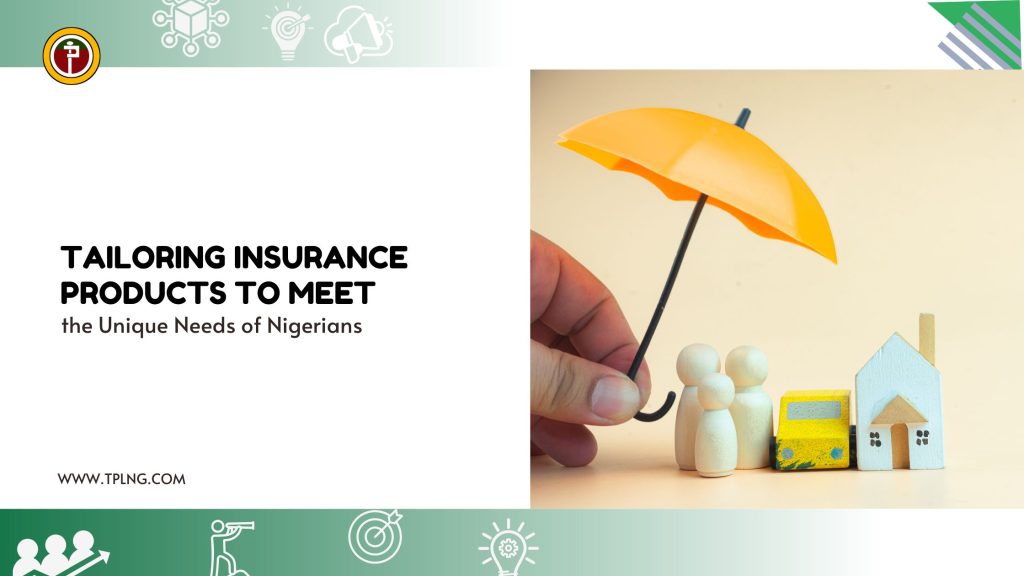As the Nigerian insurance industry continues to evolve, it is imperative that insurers develop products that cater to the unique needs and circumstances of Nigerians. The traditional one-size-fits-all approach to insurance product design is no longer sufficient, as it often fails to address the specific challenges and risks faced by individuals and businesses in Nigeria.
In this editorial, we will explore the importance of tailoring insurance products to meet the needs of Nigerians, and provide insights on how insurers can achieve this goal.
Also read:
Legal Consequences of Committing Insurance Fraud in Nigeria
The Importance of Life Insurance for Parents: Protecting Your Family’s Future
Why Skipping Insurance Could Cost You More Than You Think
The Benefits of Micro-Insurance for Small Business Owners
Understanding the Nigerian Market
To develop effective insurance products, insurers must first understand the Nigerian market and its unique characteristics. This includes recognizing the country’s economic, social, and cultural context, as well as the specific risks and challenges faced by individuals and businesses.
For instance, Nigeria is a country with a large informal sector, where many individuals and businesses operate outside of the formal economy. This presents a unique challenge for insurers, as traditional insurance products may not be suitable for this segment of the market.
Identifying Key Areas for Product Development
Insurers must identify key areas where they can develop products that meet the specific needs of Nigerians. Some potential areas for product development include:
1. Microinsurance products: Designed for low-income individuals and businesses, these products provide basic insurance coverage at an affordable premium.
2. Agricultural insurance: Nigeria is an agrarian economy, and agricultural insurance products can help farmers manage risks such as crop failure, livestock disease, and weather-related disasters.
3. Health insurance: With a large population and limited access to quality healthcare, health insurance products can help Nigerians manage medical expenses and access better healthcare services.
4. Cyber insurance: As Nigeria becomes increasingly digitized, cyber insurance products can help individuals and businesses manage risks such as data breaches, cyber attacks, and online fraud.
Innovative Distribution Channels
Insurers must also explore innovative distribution channels to reach a wider audience and make insurance products more accessible to Nigerians. Some potential channels include:
1. Mobile insurance: Using mobile phones to distribute insurance products and provide services.
2. Agency banking: Partnering with banks and other financial institutions to distribute insurance products through their branches.
3. Online platforms: Using online platforms, such as websites and social media, to distribute insurance products and provide services.
Also read:
Legal Consequences of Committing Insurance Fraud in Nigeria
The Importance of Life Insurance for Parents: Protecting Your Family’s Future
Why Skipping Insurance Could Cost You More Than You Think
The Benefits of Micro-Insurance for Small Business Owners
In conclusion, insurers must develop products that cater to the unique needs and circumstances of Nigerians. This requires a deep understanding of the Nigerian market, as well as a willingness to innovate and experiment with new products and distribution channels.
By tailoring insurance products to meet the needs of Nigerians, insurers can increase penetration rates, improve customer satisfaction, and contribute to the overall development of the Nigerian economy.
At Transparent Protection Ltd, we are committed to driving awareness of insurance in Nigeria and promoting the development of innovative insurance products that meet the unique needs of Nigerians.




